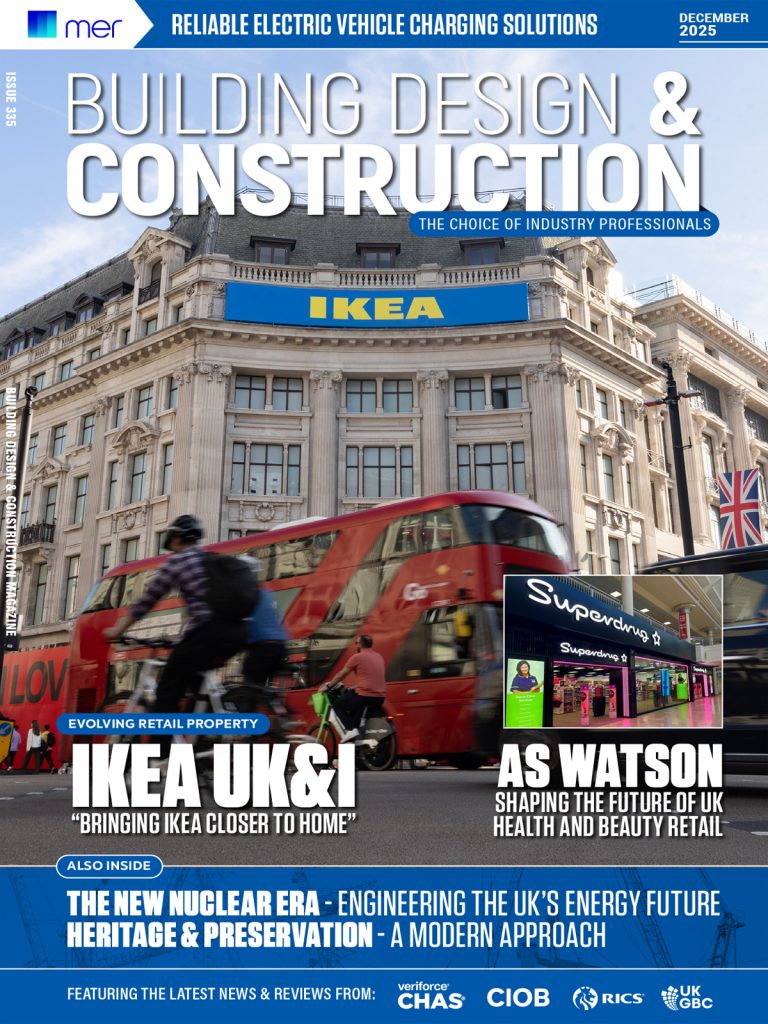Recently, the hotel industry has seen significant changes. Along with comfortable accommodation and first-class service, the hospitality sector has begun to prioritise sustainability and efficient energy use. These initiatives not only help improve the customer experience but also ensure environmentalism.
Globally and in the UK, hotels actively use energy efficiency to reduce their carbon footprint while improving efficient energy use. This bold move towards sustainability is not only a passing trend but an important step towards a greener and more environmentally friendly future.
The Role of Efficient Energy Use in the Hospitality Sector
Hotels are often associated with high energy consumption due to the constant use of heating,ventilation, air conditioning and other vital amenities. As we learn more about climate change and sustainability, the hotel industry recognises the importance of reducing its carbon footprint.
By incorporating energy conservation measures, from choosing the best energy services for the hospitality industry to the appliances they use in their daily routine, hotels can not only reduce operating costs but also improve guest experience. How can hotels achieve energy efficiency within their facility?
Implementing Smart Technology
Hotels increasingly realise the importance of keeping up with the latest technological developments. By integrating smart technology, hotels can streamline operations, improve guest experiences and increase revenue. Smart thermostats that control room temperature and smart lighting systems are a few examples of how hotels integrate smart technology.
In-Room Automation
Hotel guests have more control over their stay via a hotel app or an in-room tablet. They can easily adjust the room temperature, lighting and even the entertainment system to their liking. Additionally, motion sensors automatically adjust settings when guests leave the room, adjusting lighting and temperature before guests return to optimise energy efficiency.
Energy Management Systems
Advanced energy management systems (EMS) analyse customer occupancy patterns and automatically adjust heating, cooling and lighting to reduce energy consumption in unoccupied spaces. Not only does an EMS improve the guest experience, but it also allows hotels to save on energy bills.
IoT (Internet of Things) Integration
IoT devices and sensors play a key role in improving energy efficiency. Smart thermostats, occupancy sensors and connected devices can help hotels optimise energy consumption. For example, when a hotel room is empty, these sensors automatically turn off lights and reduce heating and cooling, providing significant energy savings.
Efficient Lighting Systems
Using smart lighting systems is an integral part of achieving energy efficiency. The system automatically turns on or off based on the amount of natural light. In addition, some hotels use LED lighting, known for its energy efficiency and long life span. These lighting options help reduce both energy consumption and maintenance costs.
Predictive Maintenance
Smart technology allows you to monitor hotel equipment in real-time to anticipate potential problems, ensure timely maintenance and prevent energy losses due to system failures.
Renewable Energy Sources
Many hotels use renewable energy sources such as solar panels and wind turbines to generate electricity. This not only reduces reliance on traditional energy sources but also demonstrates the hotel’s commitment to providing guests with a sustainable experience.
By switching to renewable energy, some hotels have become carbon neutral, creating a greener environment for guests. These projects demonstrate a commitment to the environment, reducing the carbon footprint and contributing to a sustainable future.
Energy-Efficient Building Designs
The energy efficiency of a hotel depends largely on its design and construction. Choosing building materials, orientation, and insulation are also important factors. Architects and developers are now prioritising sustainable building design that integrates natural light, ventilation and energy-efficient materials. This helps reduce energy consumption without sacrificing aesthetics and comfort.
Engaging Guests in Sustainable Practices
Hotels are taking active steps to engage guests in sustainability initiatives. This includes encouraging guests to reuse towels and linens, implementing recycling programs, and more. These initiatives not only reduce the impact on the environment but also raise awareness of guests’ contribution to a sustainable future.
Benefits to Guests
By implementing energy-saving measures, hotels can significantly improve guest experiences. This not only helps the environment but also reduces operating costs, resulting in lower prices for guests.
- Comfort and Personalisation: Guests have complete control over their in-room environment using smart energy-saving technology, ensuring a private and comfortable stay.
- Health and Well-being: Guest well-being is enhanced through improved air quality, natural lighting, sustainable building design, non-toxic materials and advanced ventilation systems.
- Conscious Travel Experience: Modern travellers are more aware of their environmental impact. In this way, travellers can align their values with their hotel experience and reduce guilt by choosing a sustainable hotel.
The Future of Energy Efficiency and Sustainability in Hotel Design
The hospitality industry is leading the charge in implementing eco-friendly measures and promoting an innovative environment. Technological advancements are the driving force behind this transformation. According to Hotels Magazine, AI-powered energy conservation and automation systems can significantly improve a hotel’s energy efficiency while ensuring guest comfort and satisfaction remain uncompromised.
With a focus on architectural and building design, the sustainability of hotels is poised for a significant shift. This transition towards energy efficiency necessitates a balanced combination of sustainable building materials, innovative architecture, and holistic construction practices. These elements will shape the future of the hotel industry, setting new benchmarks for environmental responsibility while maintaining exceptional standards for guests.
Final Thoughts
The hospitality industry is witnessing a revolution that is not only a way of becoming more energy efficient but also a catalyst for improving guest experiences. Implementing sustainable practices into hotel operations not only benefits the environment but also improves customer service.
However, the future of the hotel industry is linked to energy-efficient and sustainable renovation and construction, which creates a win-win situation for the hospitality sector and its guests, the building industry, and the environment. That said, stay updated with the latest construction design and construction news by visiting https://bdcmagazine.com/.





